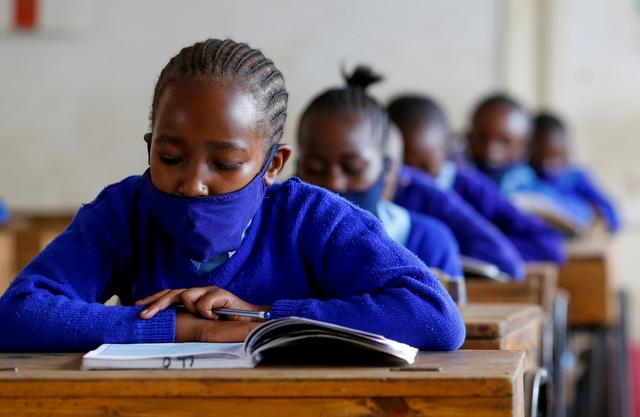The government has successfully trained a total of 229,292 teachers from both public and private learning institutions in preparation for the full implementation of the Competency-Based Education (CBE) framework. This move is aimed at ensuring a seamless transition for learners advancing from Junior Secondary to Senior Secondary schools in 2026.
This development was announced at the National Dialogue on Education Quality and Learning Outcomes held in Kericho, where stakeholders emphasized the importance of equipping educators with the necessary skills for the new education model. Among those trained are 60,642 Junior schoolteachers and 1,200 teacher training college tutors who underwent intensive training to facilitate the smooth rollout of CBE.
Director of Education, Mr. John Ongosi, highlighted that under the new curriculum, teachers must be ICT-compliant to enhance learning through digital platforms, remote learning, and live lesson streaming. This digital shift is expected to modernize education and provide a more interactive and inclusive learning environment.
In addition, the government has outlined plans to establish virtual laboratories to strengthen Science, Technology, Engineering, and Mathematics (STEM) education when Grade 10 learners join Senior Secondary Schools in 2026. These virtual labs will offer students access to advanced scientific experiments and practical learning experiences regardless of their geographical location.
During the forum, stakeholders were introduced to new CBE guidelines regarding the selection, placement, and admission of learners into various categories of senior schools across the country. Grade 9 learners will be categorized based on personalized learning pathways tailored to their individual needs, strengths, interests, and learning pace rather than traditional grade-level standards.
According to Mr. Ongosi, Senior Secondary learners will specialize in one of three distinct pathways: Arts and Sports Science, Social Sciences, and STEM. The placement process will be based on merit, psychometric test results, equity, school capacity, and learner preferences.
“We will ensure fairness for all learners by providing options such as triple-pathway Senior Schools that specialize in STEM, Arts and Sports Science, and Social Sciences. Additionally, there will be double-pathway Senior Schools offering STEM and Arts and Sports Science,” Ongosi explained.
A key feature of the new education system is the Competency-Based Assessment (CBA), which promotes continuous evaluation of learners’ knowledge, skills, and progress. The assessment framework will employ a variety of tools, including tests, observation schedules, quizzes, journals, portfolios, rating scales, and project-based evaluations.
Mr. Ongosi noted that CBA allows teachers, parents, and students to track academic progress through real-time feedback mechanisms. This ensures a holistic approach to learning and development while catering to diverse student needs.
Kericho County Director of Education, Mr. Julius Ngoneshi, confirmed significant progress in infrastructure development to support Junior Secondary learners. Currently, 55 new classrooms for Grade 9 students are complete and in use, with an additional 160 classrooms at a 99% completion rate.
“Phase III of classroom construction includes 21 new classrooms, for which procurement is done, and we are awaiting funding from the World Bank. Meanwhile, Phase IV is ongoing, with seven classrooms at 50% completion. In total, we will have 323 new classrooms for Junior Secondary Schools,” Ngoneshi stated.
With these preparations underway, the government remains committed to ensuring a smooth transition to Senior Secondary education under the CBE framework, fostering a student-centered approach to learning and equipping learners with skills for the modern world.







